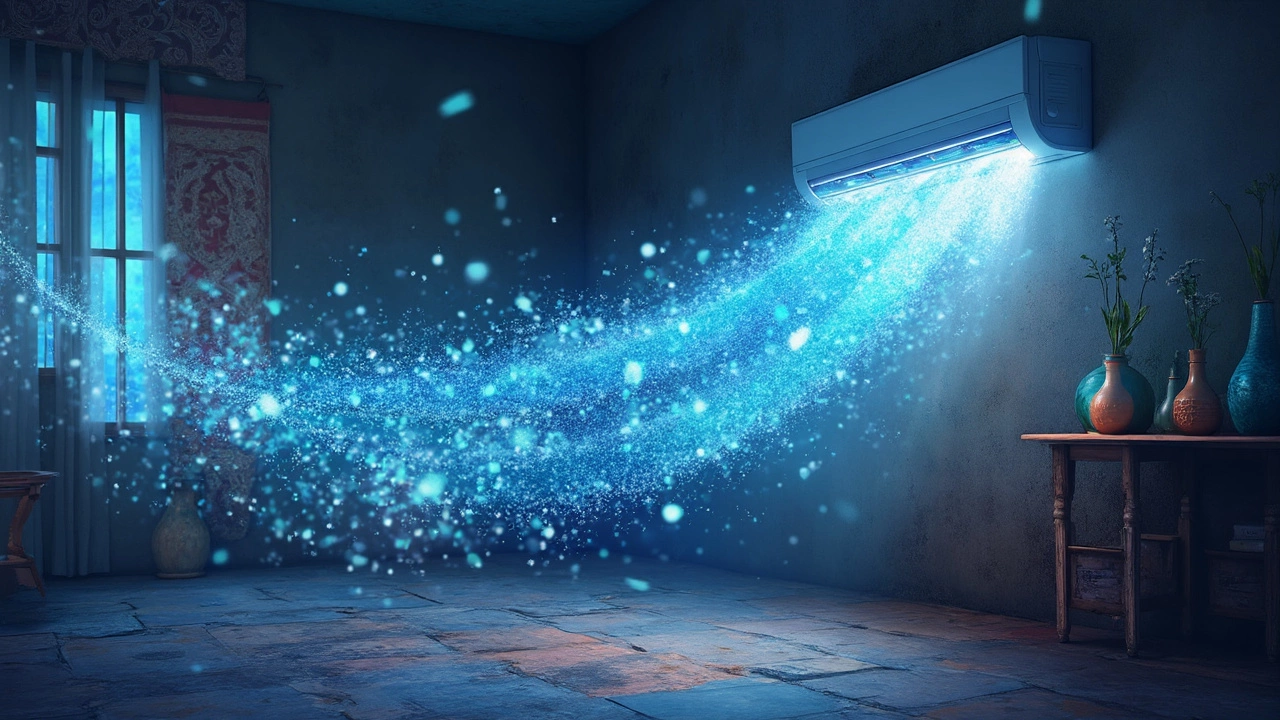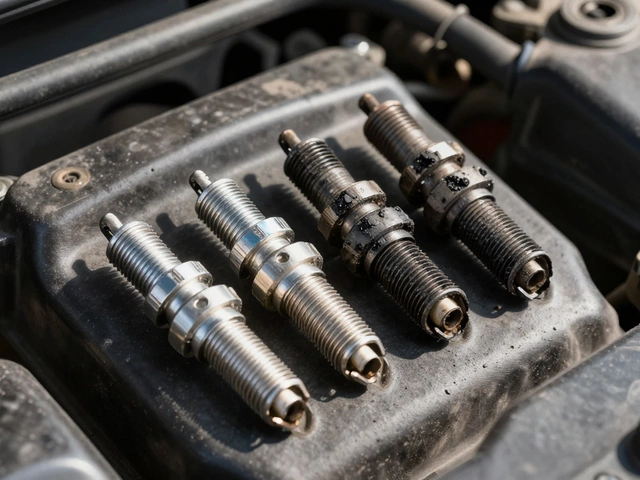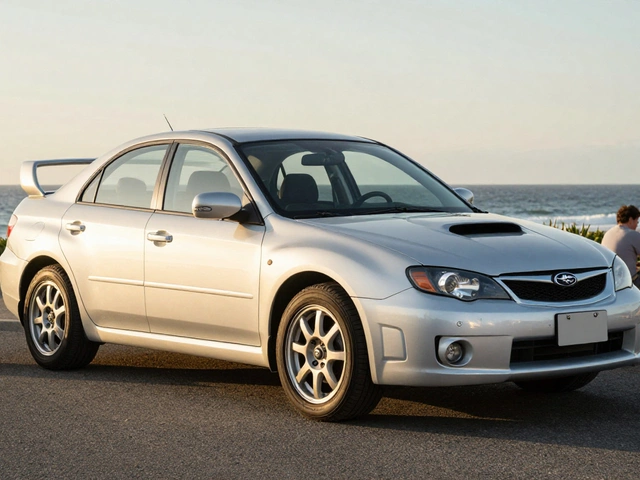Ever wondered why your air conditioner's not cooling like it used to? The culprit might be closer than you think—right there in your air filter. Changing your AC filter isn't just some optional chore; it's pretty much the secret sauce to keeping your home comfortably chill and your wallet happy.
So, what's the big deal with air filters anyway? Well, they're the gatekeepers for all the air circulating in your home. A filter that's clogged up with dust and debris blocks airflow, making your AC work way harder than it should. This means higher energy bills and a bunch of wear and tear on your system. Sounds like a lose-lose, right?
But it's not just about saving money. Dirty filters can mess with your home's air quality too, which isn't exactly great news for anyone with allergies or asthma hanging around. A clean filter helps trap pollen and other yucky particles, turning your home into a haven of fresh air.
- Why Change Your AC Filter?
- Signs Your Filter Needs Replacing
- Choosing the Right Filter
- Tips for Regular Maintenance
Why Change Your AC Filter?
So, let's get into why swapping out that AC filter really matters. It's not just about keeping everything clean—it's like giving your air conditioner a shot of espresso! A clean filter lets the air flow smoothly, making your AC unit more efficient.
When you've got a dirty filter, it's like breathing through a straw for your AC. It has to work harder to push air through, which means it's using more energy. More energy equals higher bills, and nobody's eager to see those numbers climb. Plus, that extra strain can lead to your AC breaking down sooner, costing big bucks in repairs.
A Breath of Fresh Air
Changing your filter isn't just good for your AC; it's also awesome for the air you breathe. Clean filters trap dust, pollen, and other gross stuff that floats around. This is super important for anyone dealing with asthma or allergies—you don't want those particles messing with your breathing.
Energy Efficiency
Here's a little number to think about: according to some findings, replacing a clogged filter can reduce your AC system's energy consumption by 5% to 15%. That's a decent chunk of change when it comes to monthly bills. Keeping that air conditioner running smoothly could be as simple as popping in a new filter regularly.
Longer Lifespan
A well-maintained AC can last longer, and regular filter changes are a big part of that equation. Nobody wants to deal with the hassle and expense of replacing an entire unit, so keeping the filter fresh just makes sense.
- Improves airflow and efficiency
- Boosts air quality in your home
- Reduces energy bills and prevents costly repairs
- Extends the lifespan of your AC
Signs Your Filter Needs Replacing
Not sure if your AC filter needs a swap? It's easier to figure out than you might think. Here are some dead giveaways that it might be time to roll up your sleeves and get into maintenance mode.
Reduced Airflow
Is your air conditioner blowing less air than usual? That's often a sign that the AC filter is clogged up. Less air coming out equals more effort for your air conditioner to keep things cool, which means it's time to check that filter!
Increased Energy Bills
Have you noticed a sudden spike in your energy bills lately? When air can't flow through a dirty filter, your air conditioner uses more power to push the air through. If your bills are climbing without any change in usage, your filter might be to blame.
It's Been Over Three Months
If it’s been more than three months since you last changed the filter, it’s probably due for a replacement. Most filters are designed to last about this long, but that can vary based on usage and air quality.
More Dust Around the House
Have you been dusting more than usual? A dirty filter can't trap dust as effectively, meaning dust settles where you don't want it—on your shelves instead of staying in the filter where it belongs.
Check the Color
Take a look at the filter itself. A new filter will be white or off-white, but a dirty one will be gray and dusty. If you can't see the material of the filter through the dirt, it's definitely time for a change.
Strange Odors
Weird smells coming from the air vents? That could be from a clogged filter circulating musty and stale air through the house, rather than the fresh, clean air you’re hoping for.

Choosing the Right Filter
Picking the right AC filter isn't rocket science, but it sure makes a difference in how well your system runs. Dive into a few basics and you'll be saving money and breathing better air in no time.
First off, filters are rated by something called MERV, which stands for Minimum Efficiency Reporting Value. It’s a fancy way of saying how good the filter is at catching particles. MERV ratings usually range from 1 to 16, with higher numbers meaning finer filtration. But before you go grabbing a filter with the highest number, think about your system. Not all AC systems can handle super high MERV filters because they can restrict too much airflow.
Types of Filters
You've got options when it comes to filters. Here’s a quick rundown:
- Fiberglass Filters are the most basic. They're cheap and do a decent job at keeping hair and large dust out, but not the best for small particles.
- Pleated Filters are a step up. They trap smaller particles and can last longer than fiberglass ones.
- HEPA Filters are superstar filters that can capture 99.97% of particles. They're great if allergens are a big problem at your place, but check first if your system can handle them.
Finding the Right Fit
Don't forget size when you’re choosing a filter. Getting a filter that fits snugly in your AC unit is critical. Most filters come marked with measurements on the frame, so double-check what your current one says before heading out to buy a new one.
Eco-friendly and Reusable Options
If you're trying to be a bit more green, reusable filters are an option. They’re washable, so you don't have to keep throwing them away. But you will need to clean them regularly—it's not a set-it-and-forget-it kind of deal.
Cost Considerations
Filters can range in price based on quality and type. Balancing what your home needs with how deep you're willing to dig into your pocket is key. It’s about finding that spot where cost, efficiency, and your AC's capacity meet.
Tips for Regular Maintenance
Keeping your AC filter clean is key to its efficiency, but how often should you change it? Ideally, every one to three months. More frequent changes are a must if you live in a dusty area or have pets. Their fur can clog the filter faster than usual.
Set a Replacement Schedule
The easiest way to stay on top of filter changes is to set a schedule. Pencil it into your calendar, or better yet, set a reminder on your phone. Some folks find it handy to check their filters at the start of each month during the summer when the AC is working overtime.
Stock Up on Filters
Keep a few extra air filters at home so you're not scrambling when it's time for a change. Get the right size and type for your AC. Don't wing it. Check your system's manual or the old filter's specs to ensure you're getting the right fit.
Quick Check Method
If you're unsure whether it's time for a change, do a quick visual check. A clean filter looks... well, clean. But if it looks dusty or clogged, swap it out. Use the 'hold it up to the light' trick. If you can't see through it, it's time to ditch it.
Benefits Beyond Cooling
Changing your filter regularly does more than improve air conditioner performance. It also helps with better airflow and cuts down on allergy symptoms by capturing dust and pollen, keeping the air in your home cleaner and healthier.
| Filter Type | Replacement Frequency |
|---|---|
| Fiberglass Filters | Every 30 days |
| Pleated Filters | Every 90 days |
| Permanent Filters | Clean every month |
By keeping tabs on your AC filter, you’re not just extending its lifespan but also making sure it’s doing its best job cooling your home. Regular maintenance is the key to meeting comfort and efficiency head-on.







Write a comment